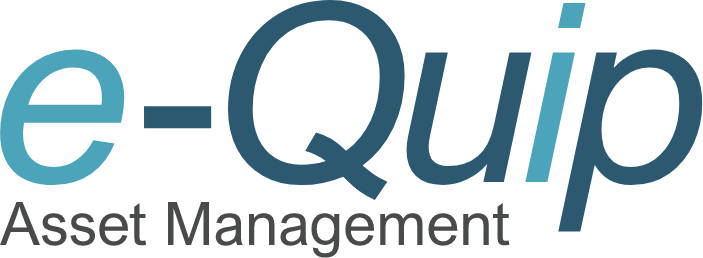Managing Medical Devices & Confidential Data
Many medical devices now include data storage and network connectivity; it is your responsibility to safeguard this data. Commonly this means preventing unauthorised access to the data, but it might also be necessary to take steps to prevent the data from being lost.
With the next major release of E-Quip information governance features have been added to allow this to be controlled. There are two components to these new features:
1. A Data tab on the asset property page
2. A new Information Governance Event screen
The new asset Data tab holds information that relates to data that is held on the device.
An Information Governance Event is any occurrence relating to a device which has an impact on information governance. For example, when a device is decommissioned it might be necessary to securely erase all data from it, or possibly data storage devices such as disk drives might need to be removed. Similarly, when sending an asset to a supplier for repair it may be important to delete and archive any data held on the device. Both of these are examples of information governance events, but there are many, many more.
In most cases an event will arise when the location or ownership of a device changes, and so the most important components of an event are:
1. Where the device moved from
2. Where the device moved to
3. What actions were taken
In this context, the term “where” can be very flexible; it can refer to a site, hospital, health care provider, branch, customer or a supplier. An event can be internal, which occurs when a device moves between two locations (or departments) within your organisation. A device being sent to a supplier for repair would be an example of an external event, while a device being moved from one branch to another within the same health care provider is an internal event.
Event actions can include deleting all data, archiving data to a secure location, or removing data storage devices. A notes field is provided to record details of any other actions that might occur.
We hope you find this new feature useful.



